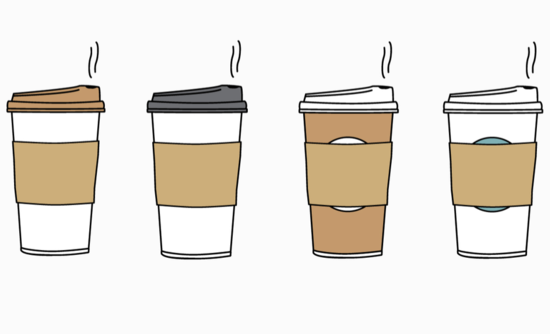
https://www.greenbiz.com/article/will-one-these-12-visions-replace-todays-throwaway-coffee-cup
In RP Siegel’s article, he explains that about 600 billion disposable cups pollute our landscapes and seas. Since these cups are made of fibers with a plastic coating, it is not suitable for composting. The Next Gen Cup Consortium and Challenge focuses on a cost-effective, sustainable alternative that does not compromise performance. Founding partners includes McDonalds and Starbucks and Wendy’s, Coca-Cola, Yum Brands and Nestle as supporting partners. These competitors worked together on this product development as they aware that they cannot persuade an entire industry to elevate their sustainability efforts alone. All stakeholders and innovators must come together to combat this issue from an industry wide perspective. Multiple winners were chosen for this challenge as a different solution may fit better in different geographies. Eight winners created recyclable and/or compostable cup liners, three submitted reusable cup service models and one presented a new biodegradable material. They will share a $1 million prize. Six that require additional development will move on to a six-month growth accelerator program.McDonald’s director of global sustainability says, “When we figure out how to solve for the cup, that’s going to open up the window for a lot of our other fiber-based products to come through the recycling system.”
This article reminds me of the Penobscot Case. The energy company, PPL, and the Penobscot Indians ended up working together to solve the issue at the hand. When PPL needed financial assistance, the Penobscot Indians did not shun them away as the dam removal was for their benefit as well. McDonalds, Coca-Cola, Wendy’s etc. realized that they must work together to find a solution for this packing waste product as this has a serious impact on the entire planet.


